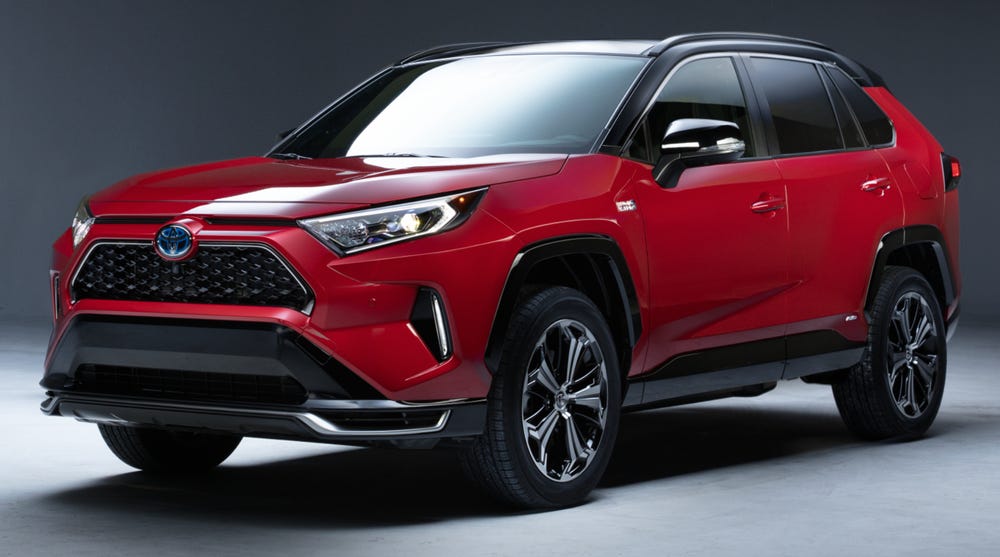
Luminar is a Silicon Valley startup working on Lidar sensors that help autonomous vehicles navigate safely. Their sensors are smaller in size and cost, and so can be manufactured cheaper and more reliable. Luminar's lidar can scan objects with greater accuracy than other Lidars. This allows it to pick up items from longer distances. The company is also working to develop perception technology so that its system can be used with cameras and radars in order to provide data for cars' steering and lane-keeping.
Luminar recently entered into a partnership with Volvo Cars, a subsidiary that develops self-driving software. Volvo's Highway Pilot feature, which employs artificial intelligence (AI), will incorporate the technology of the company. It also prevents accidents.
Luminar's goal is to build a complete system that will power every autonomous vehicle. To do this, the system must be capable of detecting objects and people in the surrounding environment. Lidar systems have a limited range of detection. They can detect objects up to 100 meters away, but not within the 200-meter limit. Luminar's sensors are capable of picking up objects up to 250 metres.

Luminar has been working quietly on the technology for a while, but now the company is ready to present its blueprint for how it will be integrated into future cars. TechCrunch was invited to a Luminar exhibition. Employees displayed life-sized decoys deer and mannequins in different heights to demonstrate the system.
Luminar's laser technology is refracted at many angles. This allows for a birds-eye view. The company hopes to integrate its laser with its lidar sensor in the top of a windshield. This will make the whole system a single piece that is easy to attach and remove. A full-stack platform means hardware and program work together to allow car to avoid collisions without GPS.
Luminar partners with other automakers for the integration of its technology in their cars. Mercedes-Benz has picked up a minority stake in the company and plans to use the lidar for its future self-driving truck systems. Airbus is another strategic partner and plans to include Luminar’s lidar into its autonomous aircraft.
Venture capitalists Peter Thiel or GVA Capital have contributed funds to Luminar. The company's shares have plunged more than 30% over the past one year. As a result, it's undergoing a reverse merger with an acquisition firm, SPAC, to go public.

Luminar hopes it is the first company to bring a fully-autonomous car to market. Although the company hasn’t yet officially announced a commercial production schedule, it is likely to do so in five to eight more years. Luminar has already produced a hundred units for strategic partners. Now, it is ready to launch its first commercial production run of 10,000 units.
FAQ
Is it worthwhile to become a mechanic?
The answer depends on what you are looking for in life. If money is your goal, then you can answer "yes". But if you are searching for meaning and purpose, then you should not answer this question.
You don't need to be a mechanic if you don't know how. It won't make you wealthy. It's unlikely that you will be famous. It is unlikely that your life will change.
You'd have to spend years learning how things work. It would be expensive to have your car fixed by someone else. Most people avoid doing this. They find something more worthwhile.
To sum up, if you want to earn lots of money then go ahead. The mechanic's profession is not the right place for you if it means that you will live a fulfilled life.
What's the difference between a mechanic and an automotive technician?
Both are related, but they are not the same. The mechanic fixes cars while the technician maintains them.
A mechanic should be able to do simple tasks quickly and have good manual dexterity. They should be able to accurately diagnose problems and repair them efficiently.
An automotive technician requires more technical skills than a mechanic. They must be able and able to read blueprints as well as use tools like drills or wrenches.
They must be able and competent to safely perform complicated procedures. They must be familiar with all types of electrical and engine systems.
They must also be capable of understanding how parts interact.
As a result, a mechanic usually earns less money than an automotive technician. Both jobs offer many possibilities.
What are the requirements of an automotive technician?
You must have completed high school or GED with good grades in maths and English. Also, you must be able read and write. Before you can start working, you will have to pass a written exam and take a series practical tests.
How long does an automotive course take?
An automotive course is three years long.
The first year is spent on theory, learning all about cars. The second year is dedicated to practical training, where you will learn how to fix cars, drive them, and do other jobs around the car. You will spend the final year working in a local garage to gain real-world experience.
Statistics
- There were 749,900 jobs available for automotive service technicians and mechanics in 2016, which is expected to grow by six percent through 2026. (jobhero.com)
- 52% of Mechanics in the United States think their salaries are enough for the cost of living in their area. (indeed.com)
- According to the BLS, the median annual salary for automotive service technicians and mechanics in the United States was $44,050 in May 2020. (uti.edu)
External Links
How To
How to get certified as a mechanic
The mechanic's certificates are intended for professionals who wish to become automotive technicians. They provide an overview of all areas of auto repair, including engine diagnostics, electrical systems, brakes, suspension, steering, fuel injection, air conditioning, heating, exhaust, transmission, diagnostic tools, body repairs, collision damage repair, collision repair, paintless dent removal, motor vehicle emissions testing, and much more.
The 12-hour program includes three months of on the job training at a dealership participating. The semester must include at least 60 hours of classroom instruction and passing a written exam that includes theory and practice questions. After completing the coursework, students can take the National Institute for Automotive Service Excellence’s (ASE) state examination. ASE certification is required for employment as an automotive service technician.